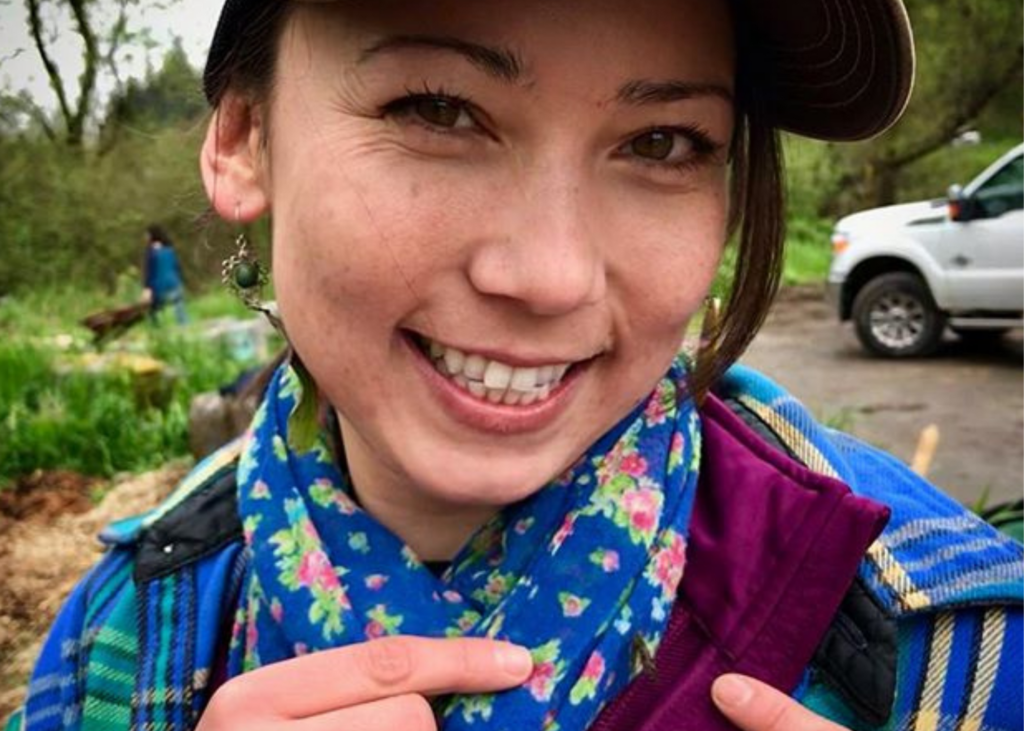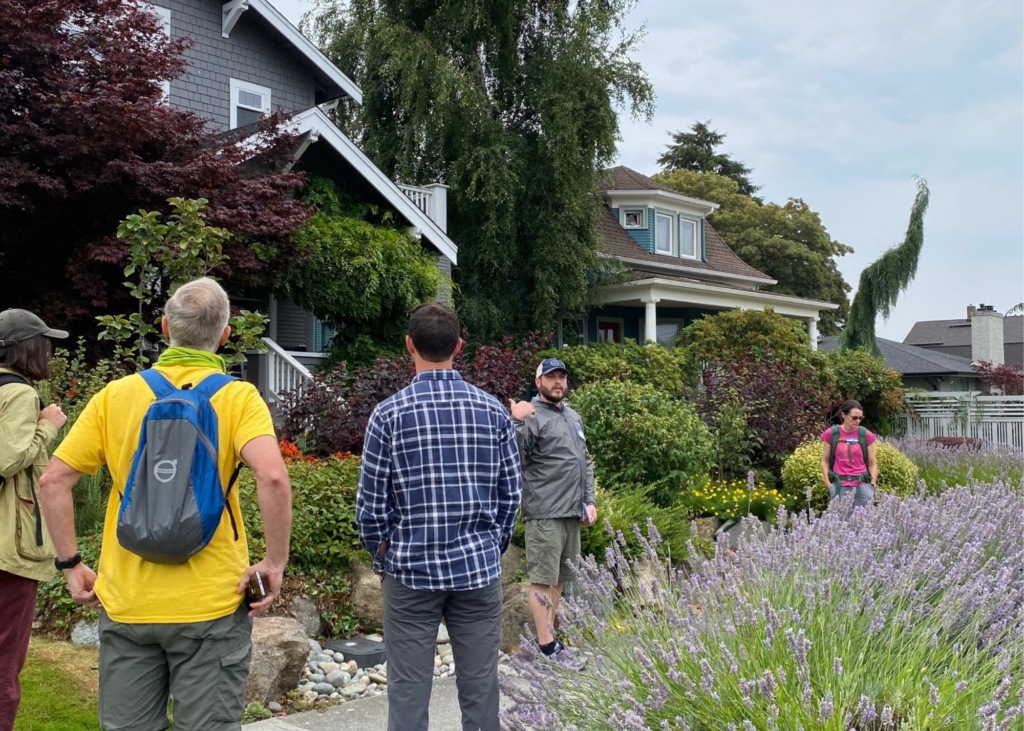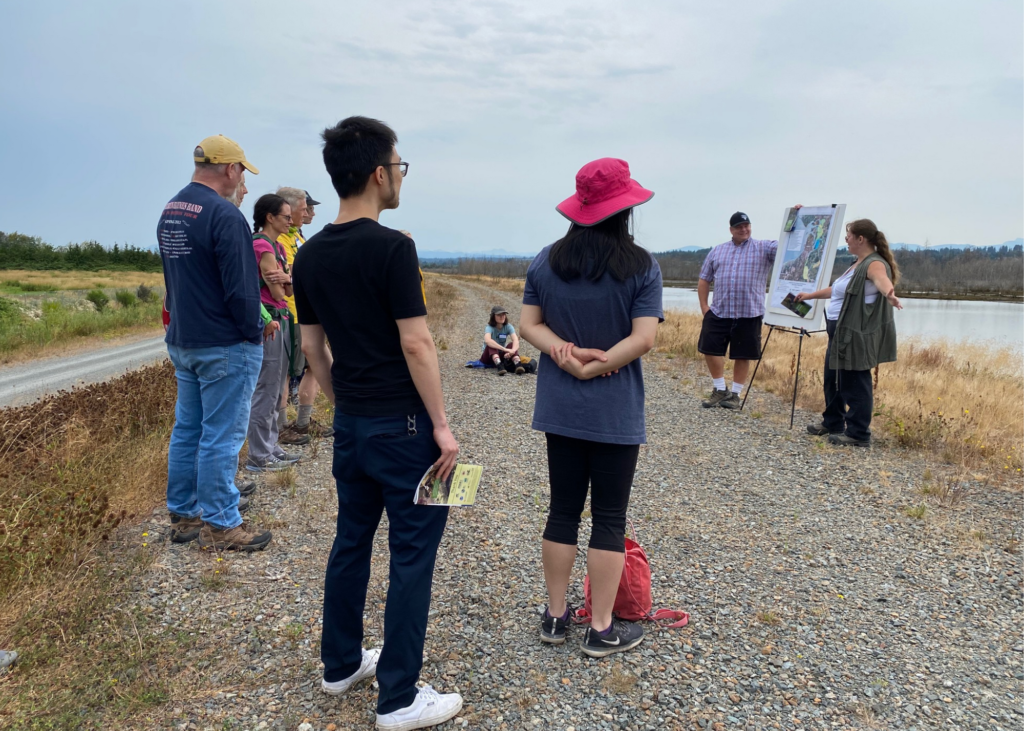Community Action Training for All Ages
Are you ready to make real change in your watershed? Do you feel more knowledge on key environmental issues would allow you to focus your passions on habitat restoration and ecosystem protections and resilience for salmon, wildlife, and humans?
Join us for our upcoming Community Action Training School! No prior experience or background in course topics necessary.
CATS empowers community members to become change makers in their communities. This free, all-ages, program will guide participants through a robust series of classes and field experiences focusing on scientific, social, cultural, and political issues important to watershed health and salmon recovery. We will hear from community members, non-profit organizations, and local and Tribal governments to learn about the work they are doing throughout the watersheds. Participants will be supported in designing and implementing a stewardship action project that helps make a difference for salmon in their watershed.
Community Action Training School is designed for residents of Watershed Resource Inventory Areas (WRIA) 8 (the Lake Washington/Cedar/Sammamish Watershed). You can look up your WRIA here.
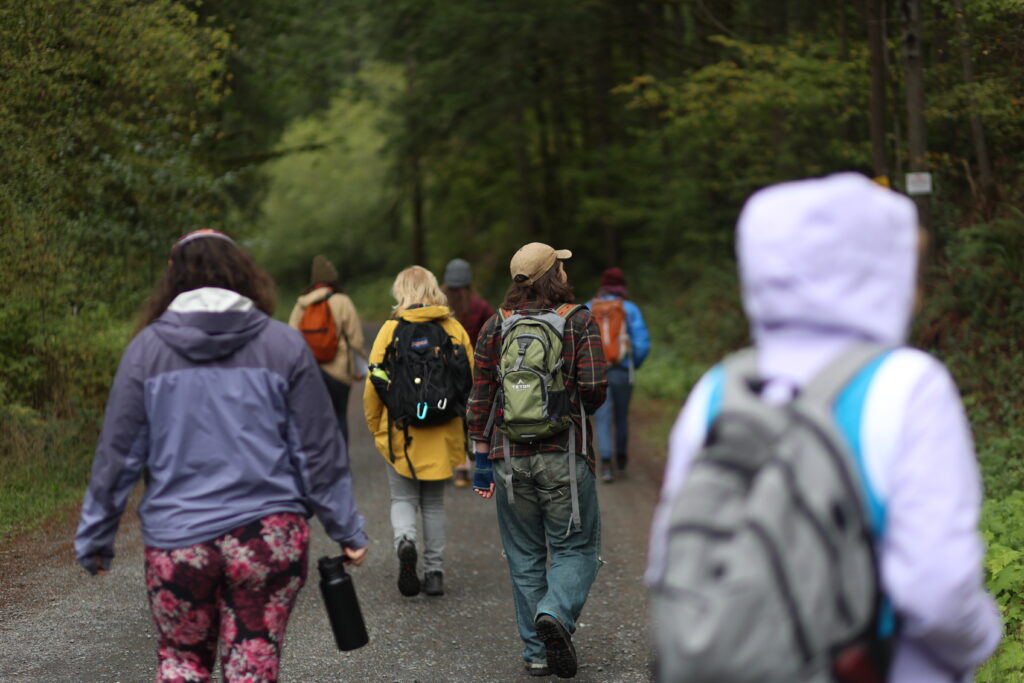
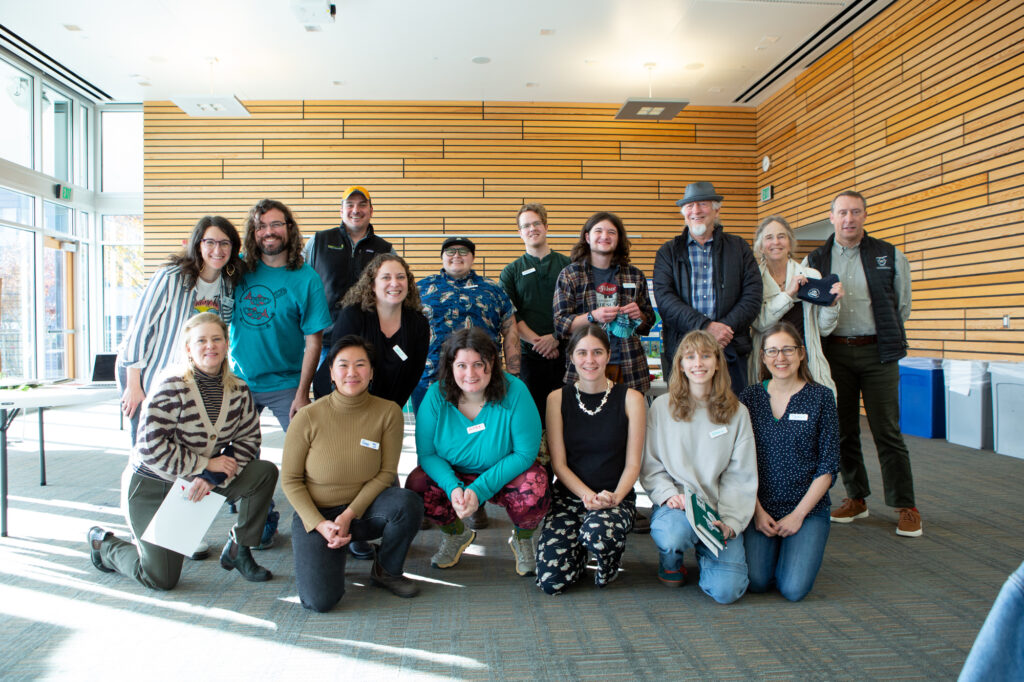
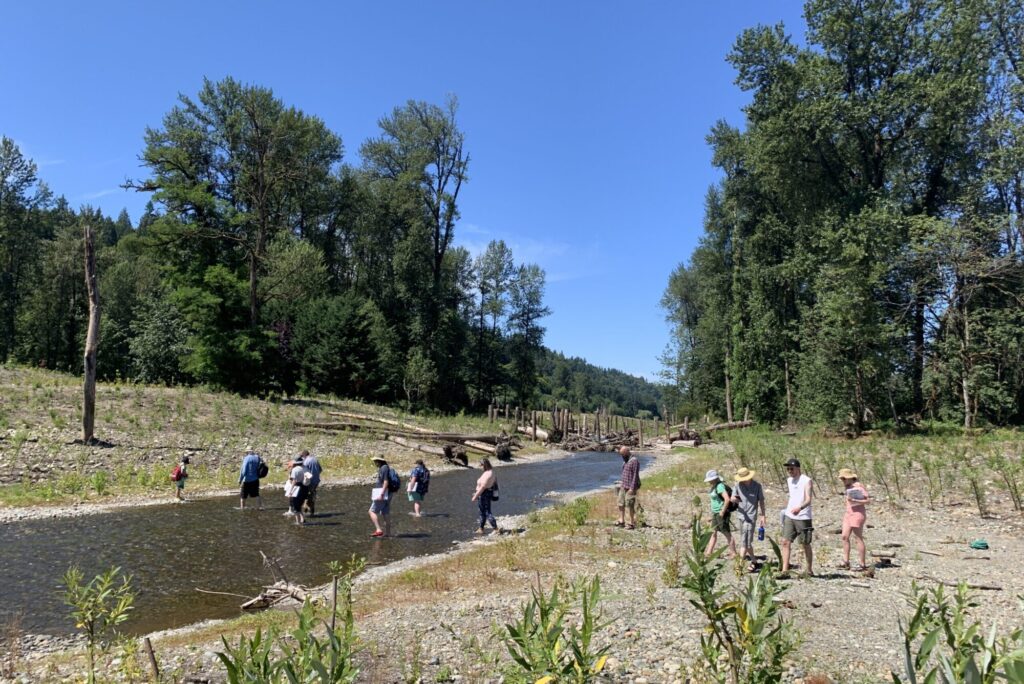
Applications
Schedule & Course Topics
Classroom & Field Excursions will take place May – September 2024. CATS program consists of 7 virtual, evening (6-8 pm), classroom experiences with guest speakers from throughout the watersheds, and four Saturday field experiences guided by local ecologists and restoration professionals. Course dates for 2024:
May 8
May 18
(Field Trip)
May 22
June 5
June 15
(Field Trip)
June 26
July 10
July 13
(Field Trip)
July 24
August 7
August 17
(Field Trip)
September 21
Graduation
In 2023, CATS courses included:
- Understanding and Cultivating a Sense of Belonging in the Lake Washington/Cedar/Sammamish Watershed, with Community Activist Orion Grant
- Field Experience at Ballard Locks with Jessica Cote of Blue Coast Engineering and Aaron Bosworth of WDFW
- Tribal Perspectives: Indigenous stewardship of the land, colonization, and changing hydraulics of watershed with Muckleshoot Tribe Elder Warren King George and Joe Hovenkotter, DNRP Tribal Relations
- Current Conditions of the Cedar River Watershed with Catherine Harris of Northwest Indian Fisheries Commission, and Martin Fox, Muckleshoot Tribe Fish Biologist
- Field Experience at Riverbend Restoration site on the Cedar River led by Jon Hansen of King County’s Water and Land Resources Division
- Salmon and the Food Web with Dan Hannafious of the Carkeek Watershed Community Action Project
- Healthy Salmon Habitats with Denise Di Santo of the King County Basin Stewards
- Field Experience at Rattlesnake Lake and Environmental Learning Center: Water Quality Testing with SnoKing Watershed Council
- Water Quality, Stormwater, and Climate Resilience with Bill Malatinsky of SPU Rain Wise
- Guiding Regulations & Public Engagement with Redmond City Council Member Vanessa Kritzer
- Field Experience at Landsburg Fish Passage and Hatchery with Julia Unrein of SPU
Your Commitment
We ask for your commitment to attend at least 80% of the sessions and complete a minimum of 50 hours toward a Stewardship Action Project. Stewardship Action Project hours can be put in from May to September and may, for some people, be ongoing beyond the end of the program depending on their project and how it is structured.
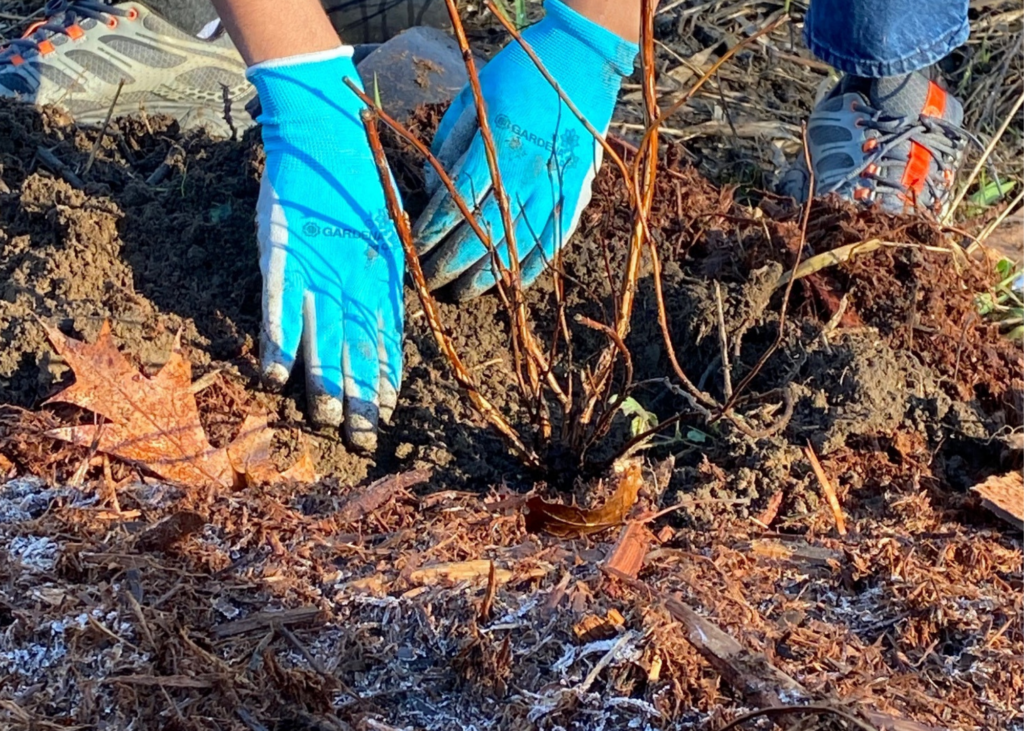
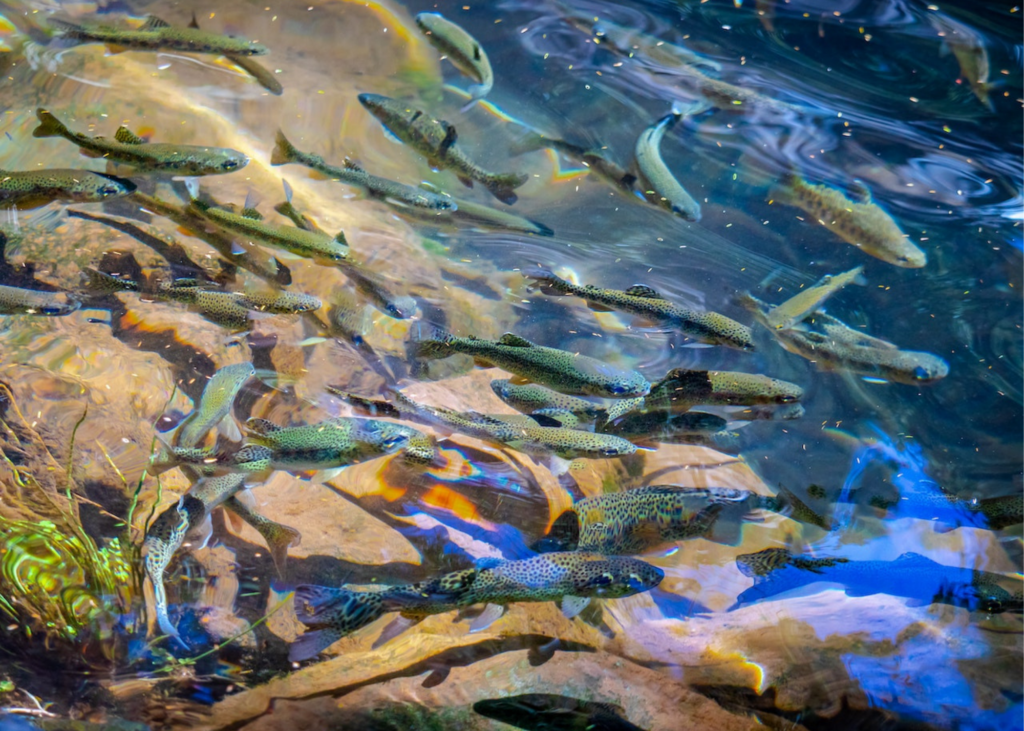
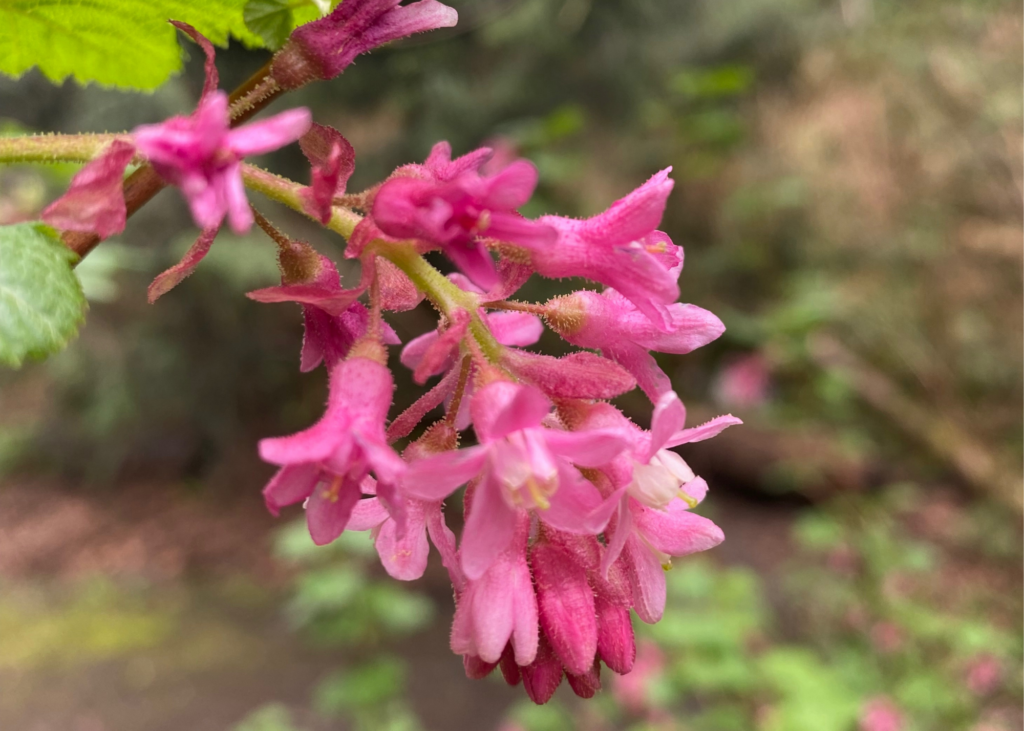
Stewardship Action Project
CATS participants will gain the knowledge necessary to create meaningful change as a community leader in your watershed. You will also receive mentoring to create and implement your Stewardship Action Project and engage other community members in watershed stewardship. Projects may include elements of community education and engagement, habitat restoration, water quality monitoring, advocacy efforts, and more. The 50+ hour project is a REQUIRED component of CATS.
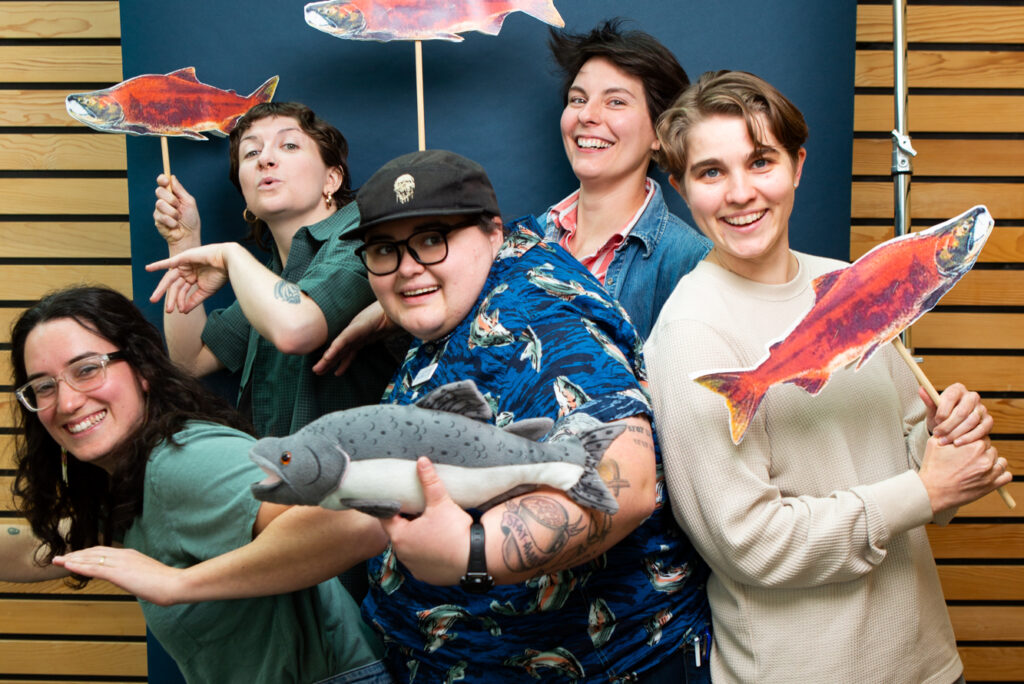
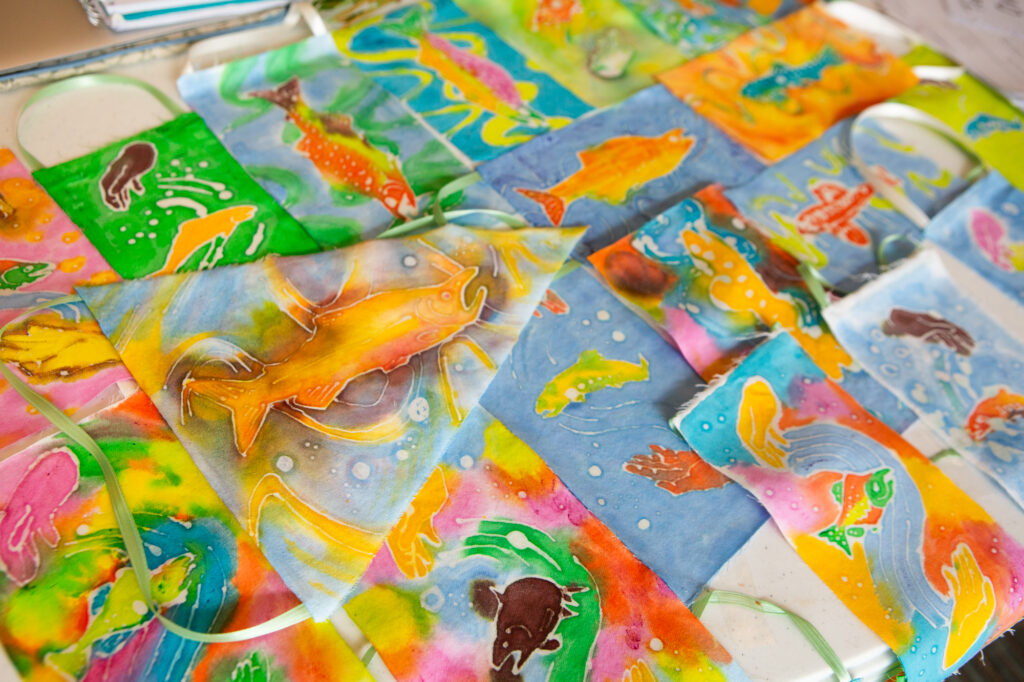
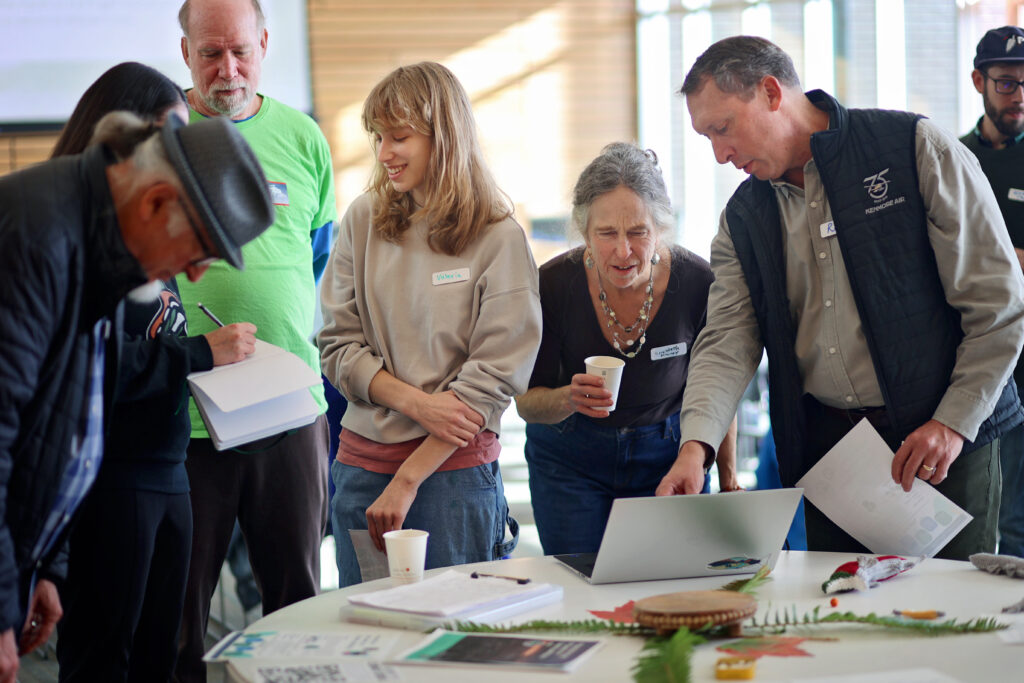
Frequently Asked Questions
When will I find out the status of my application?
Notifications will be sent out on a rolling basis until May 1, 2024. Check your inbox!
I missed the application deadline! Can I still apply?
Yes! Space allowing, we will review applications through the program start date. Please apply even if you’ve missed the deadline. We would love to meet you!
What is the cost?
CATS is FREE! We ask for your commitment to attend at least 80% of the sessions and complete a minimum of 50 hours toward your Stewardship Action Project.
Where will CATS take place?
We will host virtual classroom sessions via Zoom. Field experiences are in person and located around the Central Puget Sound region.
Who is going to teach the course?
You’ll hear from local educators, activists, policy makers, and people who have worked in the restoration field for decades. We’ll have scientists who are experts in their fields cover a variety of topics like how rain flowing off roads adds up to a water quality crisis affecting our Southern Resident Killer Whales. You’ll meet community members like you who have been in the trenches fighting to restore salmon in their communities. And we’ll pull together tangible actions you can champion in your own community.
What is the Stewardship Action Project?
Sometimes giving back takes support! We mentor you through the development and execution of your Stewardship Action Project, helping you make your ideas and dreams a reality in your community. Past Stewardship Action Projects have included creating the Student Salmon Stewards program at a high school in Edmonds, developing a virtual field trip of a Puget Sound dive excursion with a live stream to a local classroom, conducting a forage fish survey of a local beach, and revegetating several local parks and public spaces. Stewardship Action Projects can be done as individuals, as groups with other participants, and/or in partnership with local organizations. Our staff will be available to help you in various ways, including helping you make connections with people in your field of interest, assisting with the design of your project, coming up with ideas for funding, or connecting youth local organizations in need of support.
How is it possible that this is a free course?
Thanks to generous funding from the King County Flood Control District and WRIA 8 Salmon Recovery Board we are able to offer CATS as a free course. All we ask in return is your commitment to attend at least 80% of the sessions and complete a minimum of 50 hours toward your Stewardship Action Project. Our ultimate hope and dream (and goal!) is that you remain active in making your community a better place–for people, for habitats, for wildlife, and for salmon.
I have more questions.
Great! We would love to answer them! Please contact us with any questions.
Community Action Training School is funded by the King County Flood Control District as recommended by the WRIA 8 Salmon Recovery Board and the Muckleshoot Indian Tribe.
